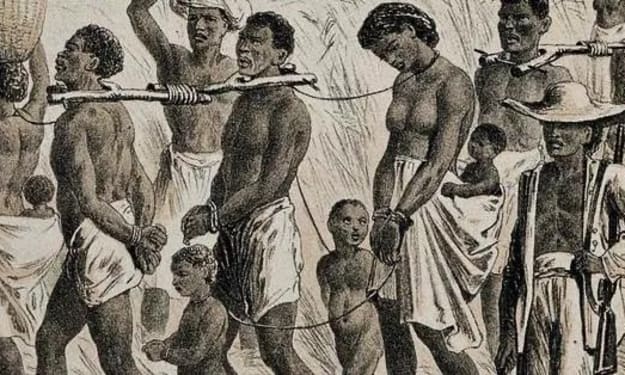Demystifying the Extra Day: A Guide to Leap Years and Leap Day
Unveiling the Science Behind Leap Days and Keeping Our Calendar on Track

Leap year, a concept that sparks confusion and even some superstitions, carries significant historical and scientific weight. In essence, it boils down to one additional day added to the calendar every four years, with February taking the mantle of the extra day. But why do we have leap years, and what's the significance of that extra day called Leap Day?
Every four years, February gains an extra day, and we celebrate Leap Day. But why do we have leap years in the first place? The answer lies in the intricate dance between Earth's revolution around the Sun and our desire for a calendar that aligns with the seasons.
A standard calendar year has 365 days. However, it takes Earth 365.2422 days to complete one full orbit around the Sun. This seemingly small difference accumulates over time, causing the calendar to gradually drift out of sync with the actual seasons.
The Quest for Alignment: Why We Have Leap Years
Our planet's journey around the Sun, known as a solar year, doesn't perfectly align with the traditional 365-day calendar. The Earth takes approximately 365.2422 days to complete one full orbit. This seemingly insignificant fraction accumulates over time, causing our calendar to drift out of sync with the seasons.
Leap years serve as a corrective measure, addressing this discrepancy. By adding an extra day every four years, we essentially "catch up" to the lost time and ensure our calendar remains aligned with the Earth's revolution around the Sun. This alignment is crucial for maintaining consistency in agricultural practices, seasonal celebrations, and astronomical observations.
The History of Leap Year: From Ancient Rome to Modern Times
The concept of a leap year can be traced back to the ancient Romans. Julius Caesar, aware of the calendar's gradual drift, introduced the Julian calendar in 45 BC. This calendar incorporated a leap year every four years, adding an extra day after February 23rd. However, the Julian calendar was slightly overcompensating, leading to another adjustment centuries later.
In 1582, Pope Gregory XIII introduced the Gregorian calendar, the one we use today. This refined system included a more precise rule for determining leap years, accounting for the accumulated error in the Julian calendar. The new system stipulated that years divisible by 4 are leap years, except for those divisible by 100 but not by 400. This ensures that years like 1700, 1800, and 1900 are not leap years, while 1600 and 2000 are.
Leap Day: More Than Just an Extra Day
While the scientific reasoning behind leap years is crucial, Leap Day itself has garnered its own unique cultural significance. Some countries and communities hold special celebrations or traditions marking the occasion. In Ireland, women are traditionally allowed to propose marriage to men on this day. In Greece, Leap Day is considered unlucky for weddings, leading to a decline in ceremonies on February 29th.
Beyond the Calendar: The Impact of Leap Years
Leap years have a subtle yet undeniable impact on various aspects of life. It affects everything from insurance calculations and legal contracts that reference specific dates to scheduling events and planning birthdays.
For individuals born on February 29th, also known as "leaplings," their birthdays occur only once every four years, making them a unique demographic with an exclusive birthday experience.
Conclusion: Understanding Leap Year and Recognizing Its Importance
Leap years, with their extra day on February 29th, are more than just a calendar quirk. They represent a fascinating intersection of science, history, and culture, highlighting the need for accurate timekeeping and its influence on our lives. Understanding the reasoning behind leap years and appreciating the significance of Leap Day allows us to better appreciate the intricate systems and practices that govern our world.
About the Creator
sanjeevan
Dedication makes you perfect...
Enjoyed the story? Support the Creator.
Subscribe for free to receive all their stories in your feed. You could also pledge your support or give them a one-off tip, letting them know you appreciate their work.






Comments
There are no comments for this story
Be the first to respond and start the conversation.